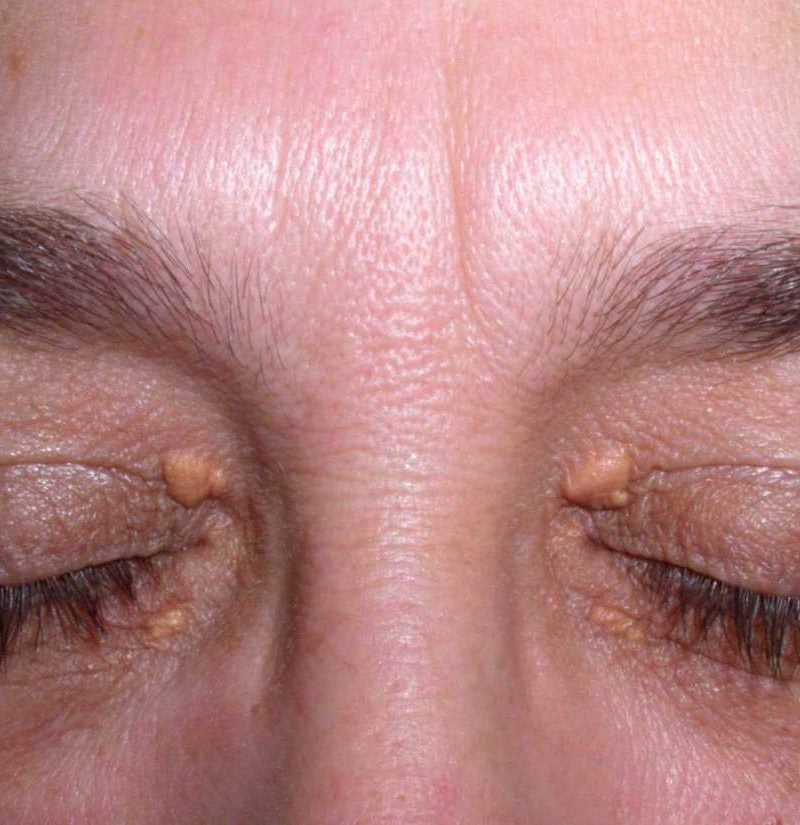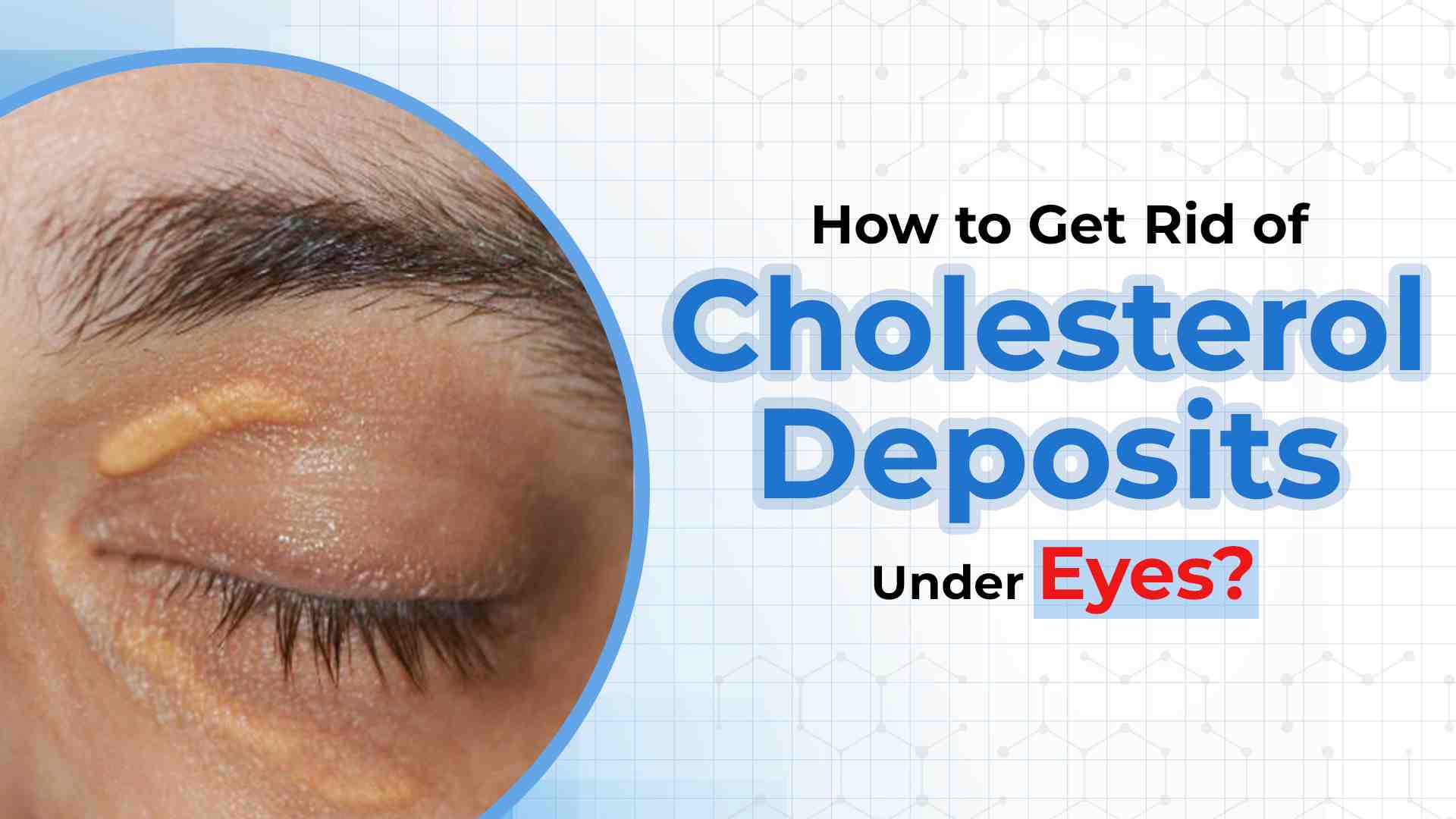How Do You Get Rid Of Fat Deposits Around Your Eyes Naturally The meaning of DO is to bring to pass carry out How to use do in a sentence Feasible and Doable
We use auxiliary do not auxiliary be for questions with main verbs in the present simple Do you live in an apartment Not Are you live in We use does not do for the third person in the When you do something you take some action or perform an activity or task Do is often used instead of a more specific verb to talk about a common action involving a particular thing For
How Do You Get Rid Of Fat Deposits Around Your Eyes Naturally

How Do You Get Rid Of Fat Deposits Around Your Eyes Naturally
https://post.medicalnewstoday.com/wp-content/uploads/sites/3/2020/02/321267_1100-800x825.jpg

How To Get Rid Of Cholesterol Deposits Under Eyes
https://www.kailashhealthcare.com/Content/images/Blog/Get-Rid-of-Cholesterol-Deposits-Under-Eyes.jpg

Hypercholest rol mie Familiale Sympt mes C est Quoi
https://img-3.journaldesfemmes.fr/SkYdGlq33dt3PAKIhVHCe6WhzW0=/1500x/smart/7d42dae26e8d41f4829e5f8348dd1a2e/ccmcms-jdf/38525948.jpg
Do is the general word He did a great deal of hard work Accomplish and achieve both connote successful completion of an undertaking Accomplish emphasizes attaining a desired goal When we make questions in the present simple we use do does for almost every verb Do you like chocolate The main verb is like Does she live in Madrid The main verb is live Do
The verb to do in English is used as a main verb and an auxiliary verb As a main verb it means to perform or to carry out As an auxiliary verb it helps to ask questions to make a verb Jun 7 2025 nbsp 0183 32 It has five different forms do does doing did done The base form of the verb is do The past simple form did is the same throughout The present participle is doing The past
More picture related to How Do You Get Rid Of Fat Deposits Around Your Eyes Naturally

What Causes Fatty Deposits In The Eye Proquestyamaha web fc2
https://i.ytimg.com/vi/CCYUe4I8xfU/maxresdefault.jpg

What Is Buffalo Hump Spectacular Yoga Poses To Get Rid Of Fat Deposits
https://www.netmeds.com/images/cms/wysiwyg/blog/2022/12/1669980187_Buffalo_hump_898x898.jpg

How To Remove Cholesterol Deposits Around Your Eyes
https://i.pinimg.com/originals/92/2d/ad/922dad4a391181fad27f1edd0da2219b.jpg
To do is to act perform or undertake When you do chores you engage in the activity of cleaning the kitchen or taking out the trash Do is one of the most frequently used verbs in English Aug 12 2022 nbsp 0183 32 We ve put together a guide to help you use do does and did as action and auxiliary verbs in the simple past and present tenses
[desc-10] [desc-11]

Say Goodbye To Cholesterol Deposits Around The Eyes Remove
https://i.ytimg.com/vi/cVoeTR0_nSI/maxresdefault.jpg

FATTY DEPOSITS Of CHOLESTEROL Around EYES How To Get Rid Of It Dr
https://i.ytimg.com/vi/prmESh4Jxsk/maxresdefault.jpg
How Do You Get Rid Of Fat Deposits Around Your Eyes Naturally - Jun 7 2025 nbsp 0183 32 It has five different forms do does doing did done The base form of the verb is do The past simple form did is the same throughout The present participle is doing The past